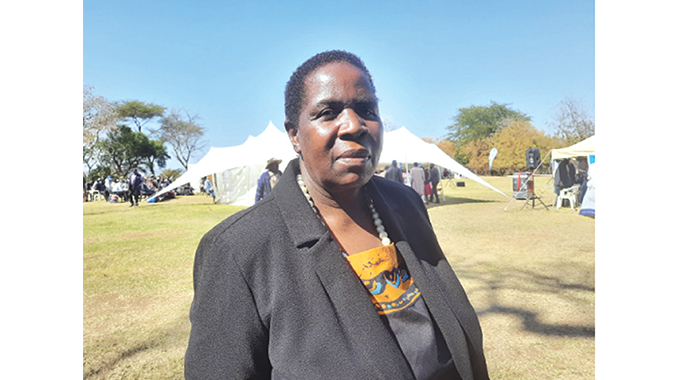Zero nights and energy drinks

Angela Sibanda, Features Reporter
MANY people have found themselves stuck in drug addiction that started with one steroid or puff which was meant to help them excel in sports or an examination.
People have always looked for ways to either boost or increase their capabilities with some of the most used sources including energy drinks, coffee, black tea and plain chocolate bars which contain high levels of caffeine, a familiar drug known for stimulating the nervous system.
Energy drinks consumption has risen dramatically among adolescents and young adults over the past decades with tertiary students being among the top consumers.
History tells us that the first energy drink was launched in the United States in 1949 and the world market for these drinks began to expand in 1997.
Since then, energy drinks have been aggressively marketed on most platforms as beverages that improve physical endurance, enhance alertness, improve reaction time, mood, attitude and concentration.
An energy drink can be understood as a soft drink containing a high percentage of sugar, caffeine, or another stimulant, typically consumed during or after sporting activity or as a way of overcoming tiredness.
For tertiary students, who more often than not find themselves overwhelmed by pressure where they find it hard to balance their academic work, energy drinks come in handy in pulling through what is called a “zero night,” where studying is done all night.
This is the same for people who drive for long hours and workaholics fighting to reach targets, due dates and destinations.
Energy drinks have been however associated with adverse health effects and it has been discovered that as much as they may have benefits, they also carry detrimental health consequences.
High sugar content ranging from 21g to 34g per ounce, sugar in the form of sucrose, glucose and high fructose corn syrup may result in obesity or type two diabetes.
Sharing his views on the consumption of energy drinks, Government Medical Officer at Mpilo Central Hospital Dr Misheck Ruwende said as much as they are taken for what might seem like positive reasons, these beverages have done more harm than good.
“Acute caffeine intoxication comes with symptoms such as vomiting, increased heartbeat or irregular heartbeat, sleeping challenges and as much as this may be a positive during study, one will feel sleepy in the morning prompting them to re-take more energy drink, thus it becomes a cycle. It also increases nervousness.
“There’s also an increase in blood pressure which may be brief for that particular time after consumption but it’s not healthy for anyone,” said Dr Ruwende.
He cited other side effects including teeth erosion, increased risks of obesity, which on its own is associated with several diseases including hypertension.
For people who suffer from stomach ulcers and heartburn, the continued consumption of energy drinks may lead to the worsening of such conditions while long term effects such as fertility challenges may also occur.
Dr Ruwende said the consumption of energy drinks simultaneously with alcohol is a risky act that can lead to excessive uptake of alcohol subconsciously.
The stimulating effects of caffeine in energy drinks can override the depressive effects of alcohol.
“When taken with alcohol, people fail to realise the intoxication because alcohol suppresses alertness while energy drinks increase it leading to the uptake of more alcohol,” he said.
In 2011, the American Academy of Pediatrics recommended that children and teenagers should not consume energy drinks arguing that the caffeine found in these beverages creates addiction and may also affect heart and brain development.
Most energy drink containers carry strict instructions against uptake by pregnant and breastfeeding women.

Energy drinks
Some studies have revealed that a well hydrated person is well energised hence as much as these energy drinks provide positive results for those who desire, water remains the safest beverage and energiser.
“It’s important for people to get enough sleep. At least six to eight hours per night is enough to recharge for the next day and water is the best beverage that people should take in order to be energised. Eating more proteins and carbohydrate and fruit smoothies for vitamin boost is also recommended.
“Lack of vitamins may also cause tiredness and it’s crucial for people who usually feel tired to visit the doctor as this may be a sign of ill health,” said Dr Ruwende.
Just like alcohol consumption, the uptake of energy drinks can not be completely banned but given the side effects that come with excessive consumption, it is important for people to exercise self-control in limiting the amounts they consume.











Comments